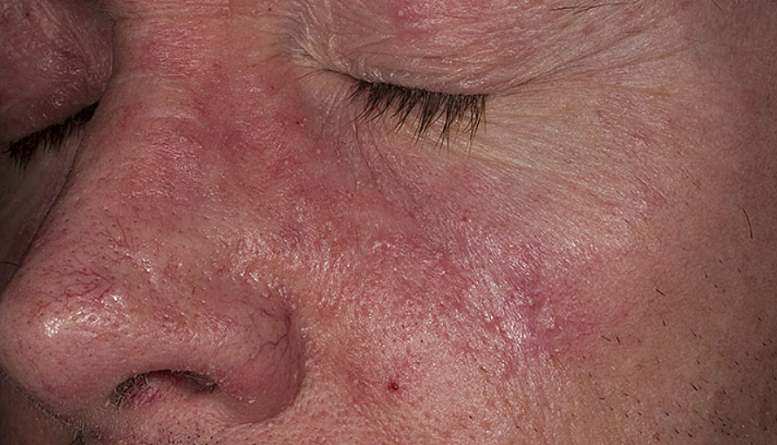Seborrheic dermatitis, also known as seborrheic eczema, dandruff, or seborrheic psoriasis, is a prevalent skin condition that primarily develops on the scalp. Seborrheic dermatitis is characterized by red, flaky patches on the skin and mainly affects greasy parts of the body like the face, eyebrows, eyelids, ears, around the nose, and chest. In infants, seborrheic dermatitis is referred to as cradle cap and is characterized by flaky and crusty plaques on the scalp.
While seborrheic dermatitis can disappear on its own without treatment, some may need continuous treatment to improve the symptoms, which can recur. Having a cleansing routine using soap for sensitive skin and dandruff shampoo may help in preventing greasiness and the buildup of dead skin.
Signs and Symptoms of Seborrheic Dermatitis
The most common seborrheic dermatitis symptoms are:
– Flakes, which are referred to as dandruff, on the scalp, hair, or facial hair
– Redness and itching in the affected areas
– Oily patches of skin with white or yellowish crusty flakes on the scalp, face, around the nose, eyelids, eyebrows, ears, armpits, chest, and even in the genitals
Stress tends to exacerbate these symptoms, and cold and dry climates typically trigger flare-ups.
You should visit a doctor if the symptoms of seborrheic dermatitis have a negative impact on your daily life, especially sleep cycle; if the condition has become a source of stress and embarrassment; and if you are worried about an infection.
Seborrheic Dermatitis Causes and Risk Factors
Medical experts have not yet pinpointed what exactly causes seborrheic dermatitis, but the research suggests two possibilities. One of them attributes the cause of the condition to a fungus by the name of Malassezia present in the skin’s oil secretion. Another theory is that a faulty immune system response causes seborrheic dermatitis.
A host of risk factors can put one at a higher risk of developing seborrheic dermatitis. The most common ones include:
– Certain neurological and mental disorders like depression and Parkinson’s
– A compromised immune system like those who have received an organ transplant or individuals with HIV/AIDS, or people with alcoholic pancreatitis and certain types of cancer
– Recuperating from trying medical ailments like a heart attack
– Specific medicines
Featured Image: homeremediesforeczema.org




